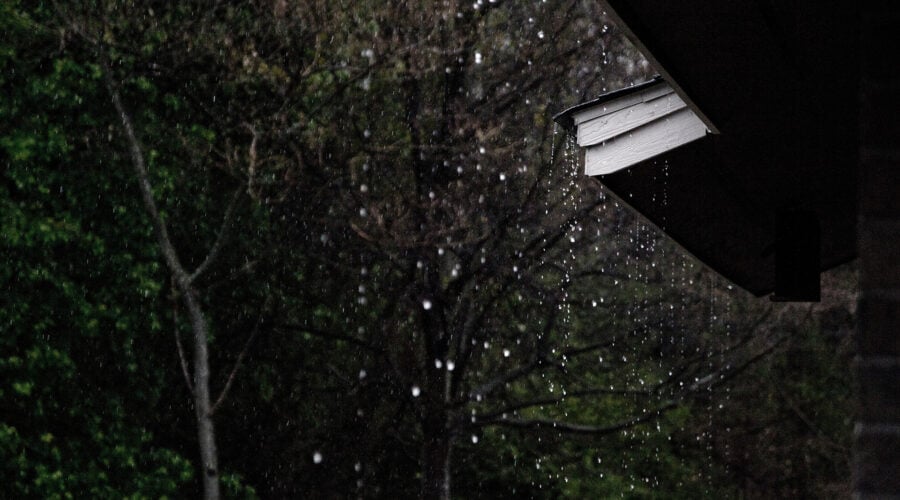From genetically modified crops to the environmental and health effects of pesticides, more and more Maryland residents are questioning whether they should grow what they eat.
Wherever you stand on the issues surrounding today’s food supply, however, there are several good reasons to start your own garden:
- You’ll know exactly where your food was grown, and what went into growing it.
- You and your family can enjoy great-tasting vegetables — better than store-bought, some believe.
- Many people find gardening provides both physical and mental benefits and gives them an opportunity to enjoy the outdoors.
- Finally, there’s that sense of satisfaction that comes with eating food that you have grown yourself!
Clearly there are plenty of benefits to gardening. But, how do you get started?
Here are some important tips from the Oregon State University (OSU) Extension Service, which, like similar services around the country, provides helpful community resources on agriculture and other topics.
Pick the Right Site
“Choosing a garden site is as important as selecting the vegetables to grow in it,” according to the OSU Extension website. “All vegetables need sunlight and fertile, well-drained soil, and they will contract fewer diseases if the site has good ventilation.”
Here’s what to consider before marking your garden plot:
- Sunlight. Look for a shade-free site. Vegetables need a minimum of six hours of sunshine a day.
- Soil. How is the natural vegetation? If weeds and grass are healthy on the site, the soil will probably be good for vegetables, too.
- Surroundings. The roots of trees and large shrubs can suck nutrients away from your vegetables.
- Proximity. Make it easy on yourself, with water access nearby. Otherwise, you might be less enthusiastic about caring for your garden.
Choose What to Plant
Check with a local gardening organization or search the Web for what vegetables are best for your specific situation and climate. Here are three factors to keep in mind when you’re getting ready to plant, according to the OSU extension:
- Season. Plant your seeds at the right time to avoid damage from temperatures that are too hot or too cold. Follow the instructions on the seed packet.
- Depth. If you plant your seeds too shallow, they can wash away or dry out, but if they’re too deep, they might not come up at all.
- Spacing. Each plant needs its share of sunlight, nutrients and water. Don’t make them fight for it! Putting seeds too close together usually results in smaller vegetables, too.
Water Wisely
The best way to water is by monitoring your garden, rather than simply adhering to a set schedule. Follow guidelines for your specific plants, and avoid these common problems:
- Frequent, shallow watering. This can promote root development in surface layers of the soil, making plants very susceptible to stress and damage.
- Overwatering. Yes, you can “drown” plants; too much water can leave little to no oxygen in the soil.
- Postponing watering. Check your plants regularly. If they appear to need water, don’t wait.
For more specific advice on gardening in Maryland, check with the local university extension program. And, don’t worry; you don’t have to be an expert to enjoy homegrown food. You just need to be willing to put in a little time and effort — and get your hands dirty!
Further Reading

Heavy Rain? Be on the Lookout for Heavy Damage
Your home protects you from the elements, but heavy rains can weaken that protection. With a little maintenance and a lot of vigilance, it's not...

Don’t Wait Until The Last Minute
About to sign a contract with insurance requirements? With adequate time and money, your insurance broker should be able to find everything you need. But when you take away either time or money, your options shrink.
